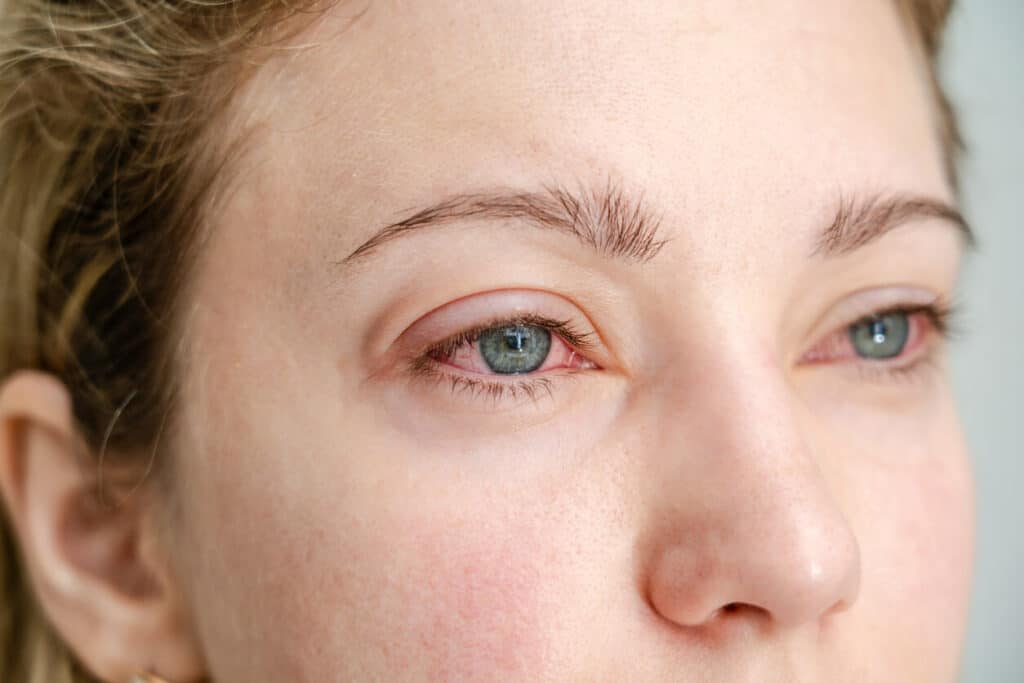
Retinopathy affects many people and their families in Missouri every year. For some, learning about this condition can feel intimidating. This is especially true when it involves the risk of losing vision, which can impact daily life and independence. However, there are advanced laser treatments available in Missouri that can help slow down or stop further harm.
This article will discuss the best laser treatment for retinopathy to support your eye health.
The Best Laser Treatment for Retinopathy
Laser treatment is also known as laser photocoagulation. It stands as the gold standard for many types of retinopathy, especially in moderate to severe cases.
Patients across Missouri and the nation often receive this procedure to stabilize or improve vision.
What is Laser Photocoagulation?
Laser photocoagulation uses a focused beam of light. It is used to treat abnormal blood vessels or areas of the retina that are leaking fluid.
The laser creates tiny burns that seal off or shrink leaking vessels. This prevents further damage and, in many cases, helps preserve central vision.
When Do Doctors Recommend Laser Treatment?
Doctors often recommend laser photocoagulation when:
- There is evidence of abnormal or leaking vessels in the retina
- Vision is threatened by swelling in a part of the eye called the macula
- Retinopathy has reached a stage where surgery is not yet needed, but advanced monitoring is required
Laser Treatment Options Available in Missouri
Several types of laser treatment may be options for retinopathy patients:
Focal Laser Photocoagulation
Focal laser therapy targets specific leaking blood vessels in the retina. This is most common when only a few areas are causing problems. The doctor uses a laser to seal the leaks and reduce fluid buildup.
This option works well for patients with diabetic macular edema, where swelling threatens central vision.
Scatter (Pan-Retinal) Photocoagulation
Scatter laser treatment is also known as pan-retinal photocoagulation (PRP). It is a way to treat different areas of the retina.
Doctors use it to help with proliferative diabetic retinopathy. This is when abnormal blood vessels grow in the retina.
During the treatment, the doctor uses thousands of small laser burns to reduce these abnormal vessels. This helps lower the chance of bleeding inside the eye.
Subthreshold Laser Therapy
Subthreshold laser therapy is a gentle treatment that uses low levels of laser energy. The energy is so low that it does not create visible burns on the retina.
This method helps to reduce swelling in the retina, while causing very little harm to nearby tissue.
It is a newer option. It works well in situations where standard laser treatments might pose a higher risk to central vision.
What are the Benefits of Laser Treatment?
Laser treatment for retinopathy offers several benefits:
- Slows or stops the progression of vision loss
- Minimally invasive, usual recovery is fast
- Little discomfort compared to more invasive surgery
- Reduces the risk of severe vision loss and complications
Laser photocoagulation cannot usually bring back vision that is already lost. However, it helps to keep and protect the vision you still have.
Most people can go home the same day and get back to their usual activities soon after. Some might have blurry vision for a few hours or days following the treatment.
Are There Any Risks or Side Effects?
Every medical procedure carries some risk. Possible side effects of laser treatment include:
- Temporary vision changes or blurring
- Loss of peripheral vision in some cases
- Rare risk of bleeding or infection
Your eye specialist will discuss these risks. They will make sure the potential benefits outweigh the downsides for your specific case.
How to Find the Best Eye Specialist for Laser Retinopathy Treatment in Missouri
Choosing the right professional makes a significant difference in your treatment results. Here are the steps you can take to find a trusted specialist:
1. Research Board-Certified Ophthalmologists
Look for a board-certified ophthalmologist or retina specialist. Certification ensures your doctor has passed strict exams and is committed to high standards of care.
You can verify credentials on the American Board of Ophthalmology website.
2. Check Technology and Facilities
Seek clinics that use advanced, modern laser technology. State-of-the-art facilities improve treatment accuracy and patient comfort.
Ask about the type of lasers they use and their track record with these procedures.
3. Read Patient Reviews and Testimonials
Online reviews can offer insight into doctors’ expertise and patient care. Look for consistent positive feedback, especially from patients with similar diagnoses.
Testimonials can reveal how well a clinic communicates, addresses concerns, and follows up after treatment.
4. Location and Convenience
Laser treatment may require several visits, so choose a specialist within reasonable travel distance.
5. Ask About Insurance and Payment Plans
Costs vary based on your insurance coverage and the clinic. Reputable centers will be transparent about fees and help you understand your options.
6. Schedule an Initial Consultation
Meet with your chosen specialist to discuss your diagnosis. It is also your chance to ask questions about laser treatment for retinopathy.
A good doctor will answer clearly, walk you through the procedure, and tailor a treatment plan to your needs.
Best Laser Treatment for Retinopathy in Washington, MO
Living with retinopathy does not mean giving up your independence or quality of life. Laser treatments have come a long way and can help protect your vision when started early.
If you need expert laser treatment for retinopathy in Missouri, trust the team at Advanced Sight Center.
Call the best eye clinic near you at (636) 239-1650. You can also submit an appointment request form today. Your eyes deserve the best care available, and we are here to help every step of the way.
The best eye specialists near you look forward to serving you!
Sources:
https://my.clevelandclinic.org/health/diseases/8591-diabetic-retinopathy
https://www.mayoclinic.org/diseases-conditions/diabetic-retinopathy/symptoms-causes/syc-20371611
https://www.mayoclinic.org/diseases-conditions/diabetic-retinopathy/diagnosis-treatment/drc-20371617


